With “Squid Game” Season 2 raising the stakes and introducing a fresh lineup of harrowing challenges, creator Hwang Dong-hyuk recently shared which game stood out as his personal favorite.
Known for blending childhood nostalgia with life-or-death consequences, each game in the new season carries its own emotional weight and psychological complexity.
However, one game, in particular, captured the “Squid Game” director’s vision more than any other.
Warning: Major spoilers ahead for the Season 2 finale of “Squid Game,” which is now streaming on Netflix.
Article continues below advertisement
What Games Were Played In ‘Squid Game’ Season 2?
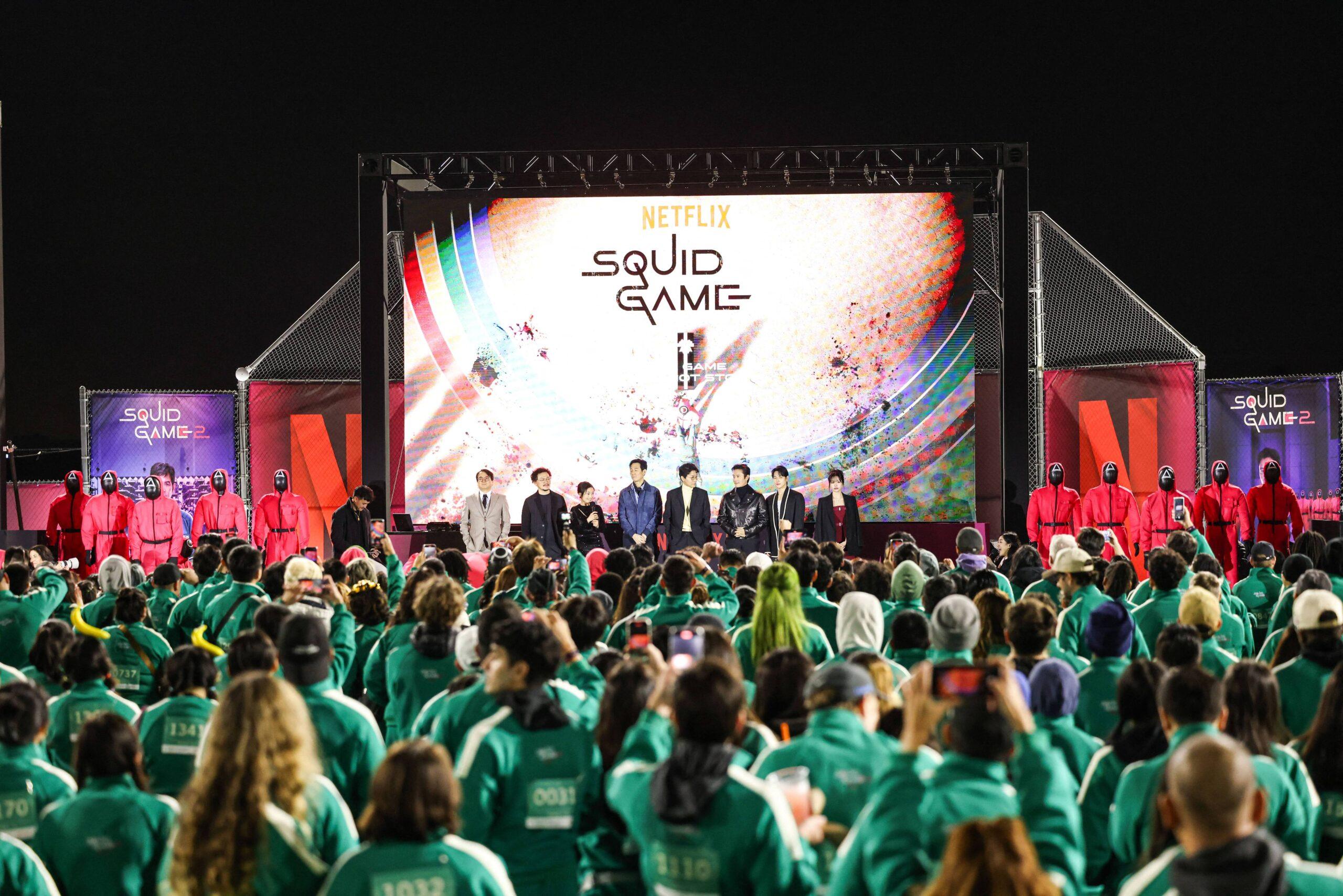 MEGA
MEGA"Squid Game" Season 2 brought back several familiar games while introducing a series of new, intense challenges. Ddakji, the game used by The Salesman (Gong Yoo) in both Seasons 1 and 2 to recruit potential players, made its return, setting the tone for the season's high-stakes dynamics.
The season opened with a fresh addition: "Bread and Lottery," featured in Episode 1. In this recruitment game, The Salesman purchases 100 pastries and 100 lottery tickets, offering them to seemingly random individuals in public, creating an unsettling sense of chance and desperation in broad daylight.
Article continues below advertisement
The Introduction Of New Games For Season 2
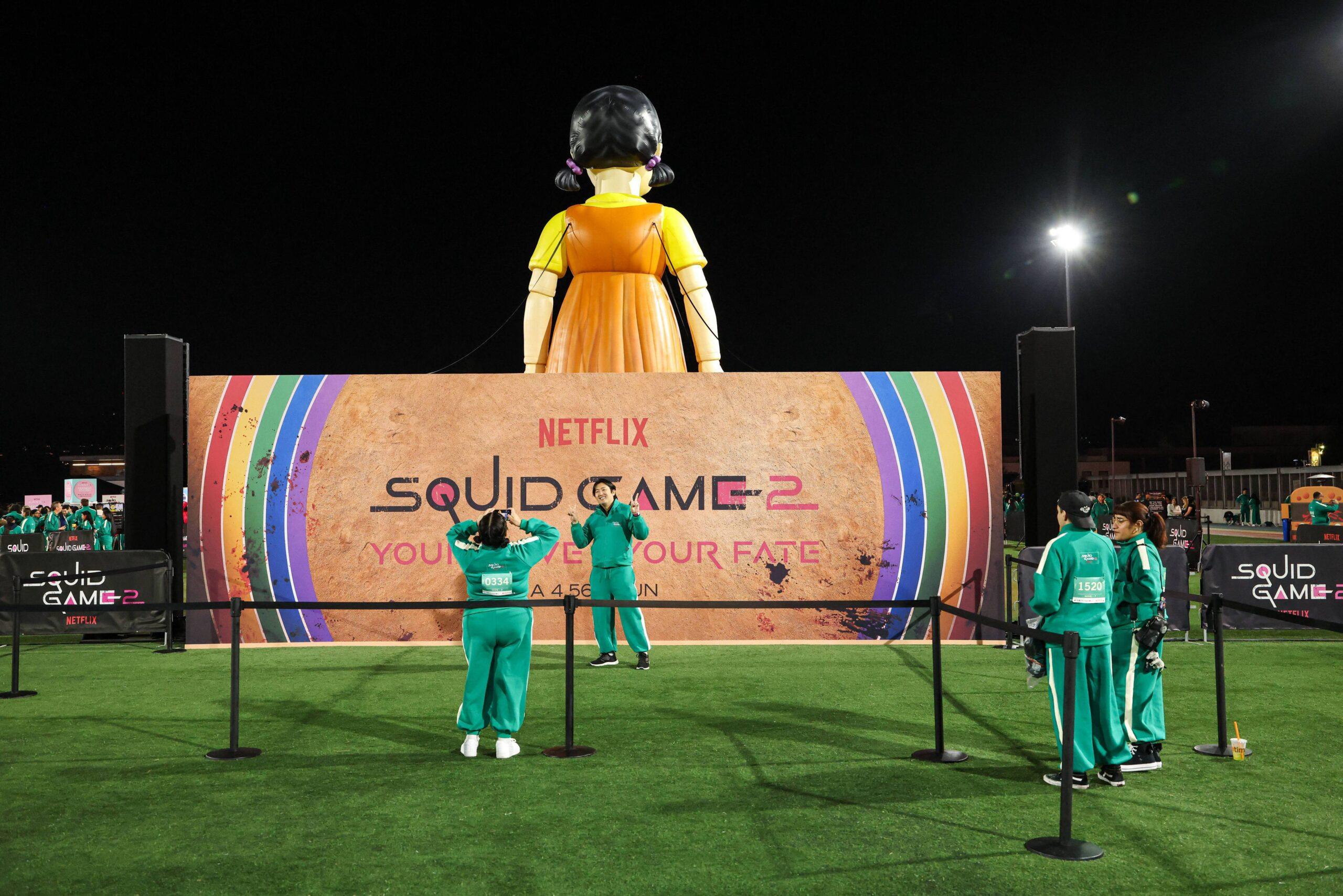 MEGA
MEGALater in the same episode, a brutal confrontation unfolds in a third game where The Salesman pits Mr. Kim and Woo-seok against each other. Their fate hinges on Jokenpô—better known as Rock, Paper, Scissors—a deceptively simple game with deadly consequences in this context.
Another universally recognizable game, Russian Roulette, makes its harrowing debut. Infamous for its life-or-death stakes, this game is introduced by The Salesman as a means for Gi-hun and himself to settle their escalating conflict, leaving the outcome entirely to fate.
Article continues below advertisement
The Return Of Red Light, Green Light
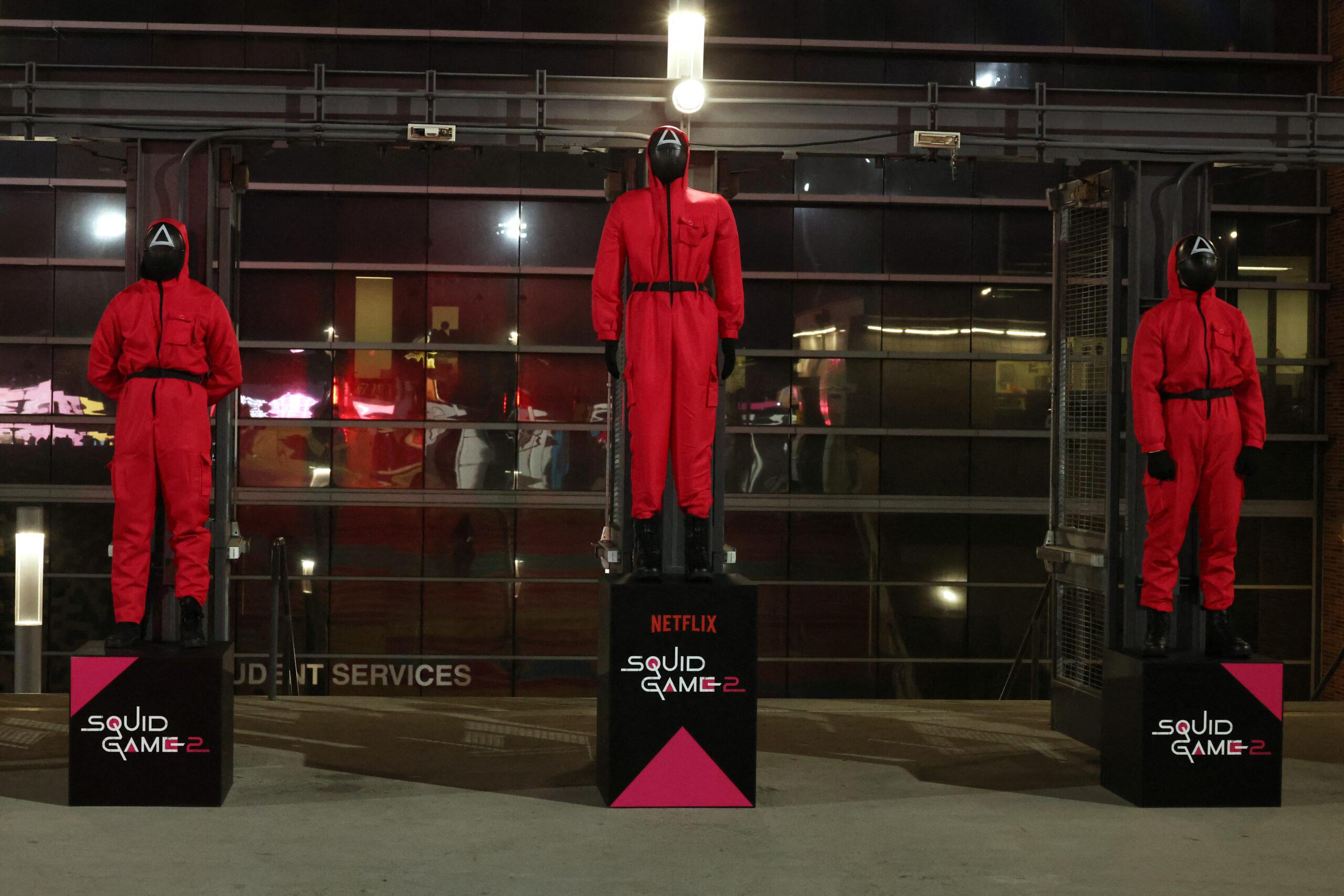 MEGA
MEGAOf course, fans of Season 1 will immediately recognize the chilling return of Red Light, Green Light, the iconic childhood game overseen by the menacing doll, Young-hee. Its presence serves as both a callback to the series' roots and a reminder of the ever-present danger lurking in each seemingly simple challenge.
Article continues below advertisement
Viewers also saw the Six-Legged Pentathlon, which forced participants into a series of interconnected tasks requiring teamwork, precision, and unwavering trust in their partners. In Mingle, alliances became both a lifeline and a potential trap, as players were pushed to navigate shifting social dynamics under extreme pressure. Meanwhile, the Special Round (Lights Out) plunged the arena into complete darkness, stripping away any sense of security and forcing players to rely on instinct and raw survival skills amid chaos.
Article continues below advertisement
What Was The ‘Squid Game’ Creator’s Favorite Game In Season 2?
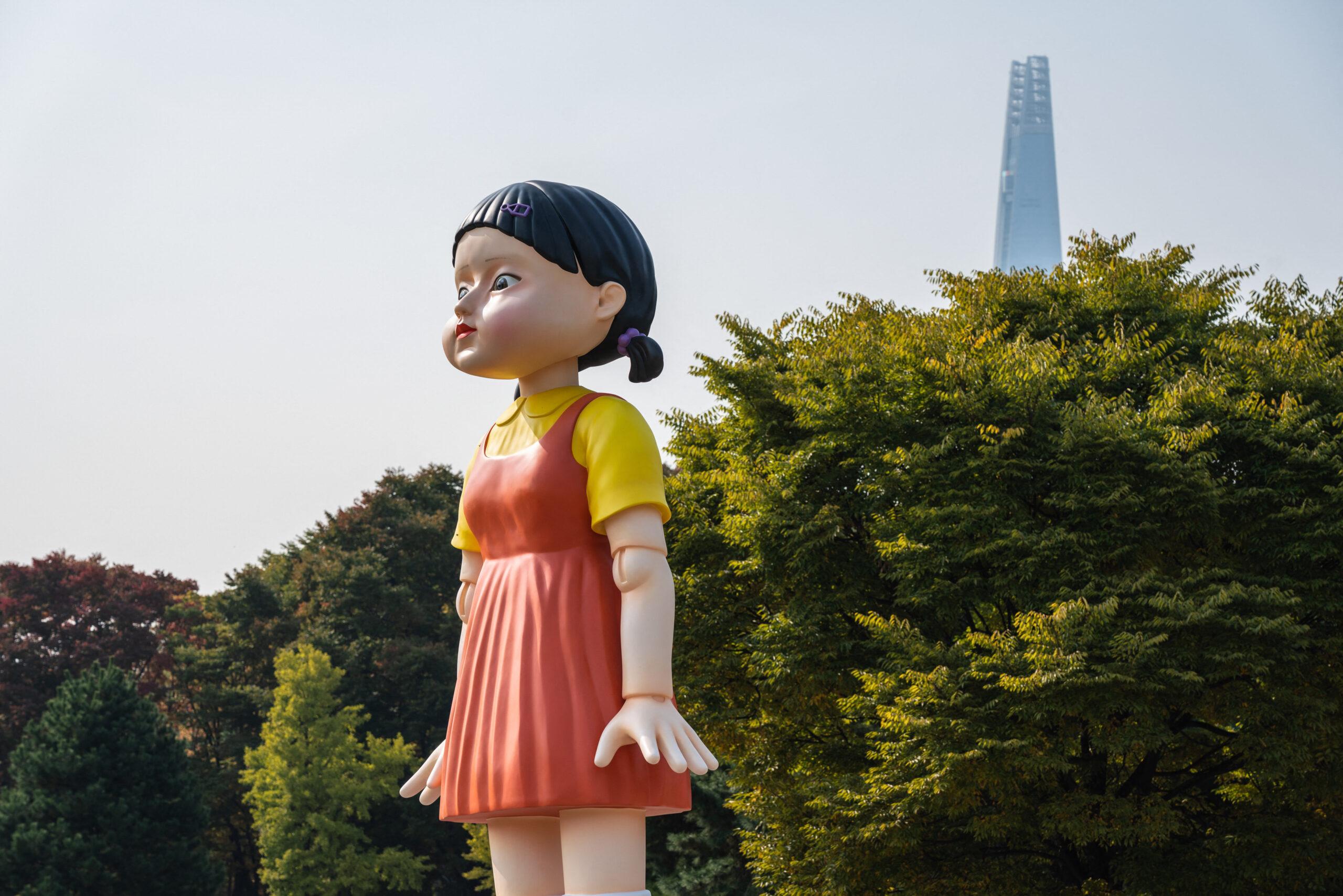 MEGA
MEGAWhen it comes to the brutal and emotionally charged games of "Squid Game" Season 2, creator Hwang Dong-hyuk has a clear favorite.
“I’d say the pentathlon,” he told Variety. “Not only was it the most challenging to shoot, but I think after we had finished filming it, I enjoyed watching it myself the most. And especially so because within one round of games, you get five smaller games.”
“And as in Season 1, I wanted to showcase these actual children’s games that Korean people grew up playing, especially the ones that I grew up playing myself,” he continued. “With the way I got to show the world five different games in a single round, I would say the pentathlon was probably the most satisfying to shoot.”
‘Squid Game’ Creator on The ‘Immense Pressure’ That Came With Season 2
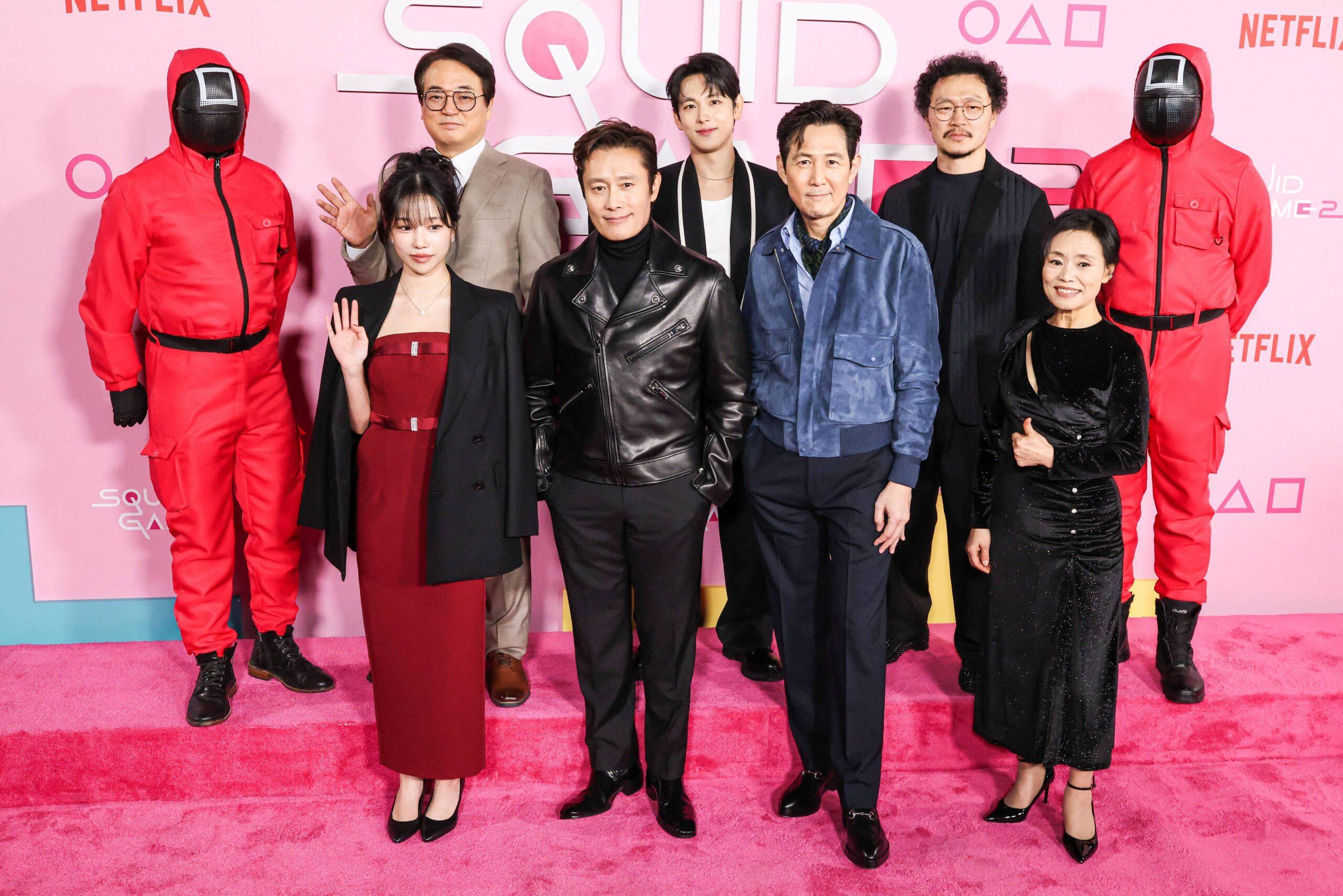 MEGA
MEGAWithin a month of its release, “Squid Game” became Netflix’s most-watched series, breaking records as the first Korean and foreign-language show to earn a Screen Actors Guild (SAG) nomination. Riding the wave of its unprecedented success, Netflix expanded the franchise with a reality competition series inspired by the show, which premiered in November 2023.
Given its immense popularity and global cultural impact, it comes as no surprise that a second season was greenlit, promising to deliver even more of the high-stakes tension and emotional storytelling that made the original a worldwide phenomenon.
Article continues below advertisement
“Because I created Season 1 without much thought about doing the second season, when it was decided that we would do Season 2, the pressure was indeed immense,” director Hwang told IndieWire. “I was thinking to myself: will I really be able to pull this off? Will I be able to create or write something that would exceed Season 1?"
"But once I got to writing, and once I got into the story of Gi-hun (Lee Jung-jae) returning to the games with his own motives, it actually went a lot better than I thought it would," he continued. "I was able to create a story that I felt was more intriguing, come up with more interesting characters and come up with more original and intriguing games as well.”
.png)
 1 week ago
20
1 week ago
20




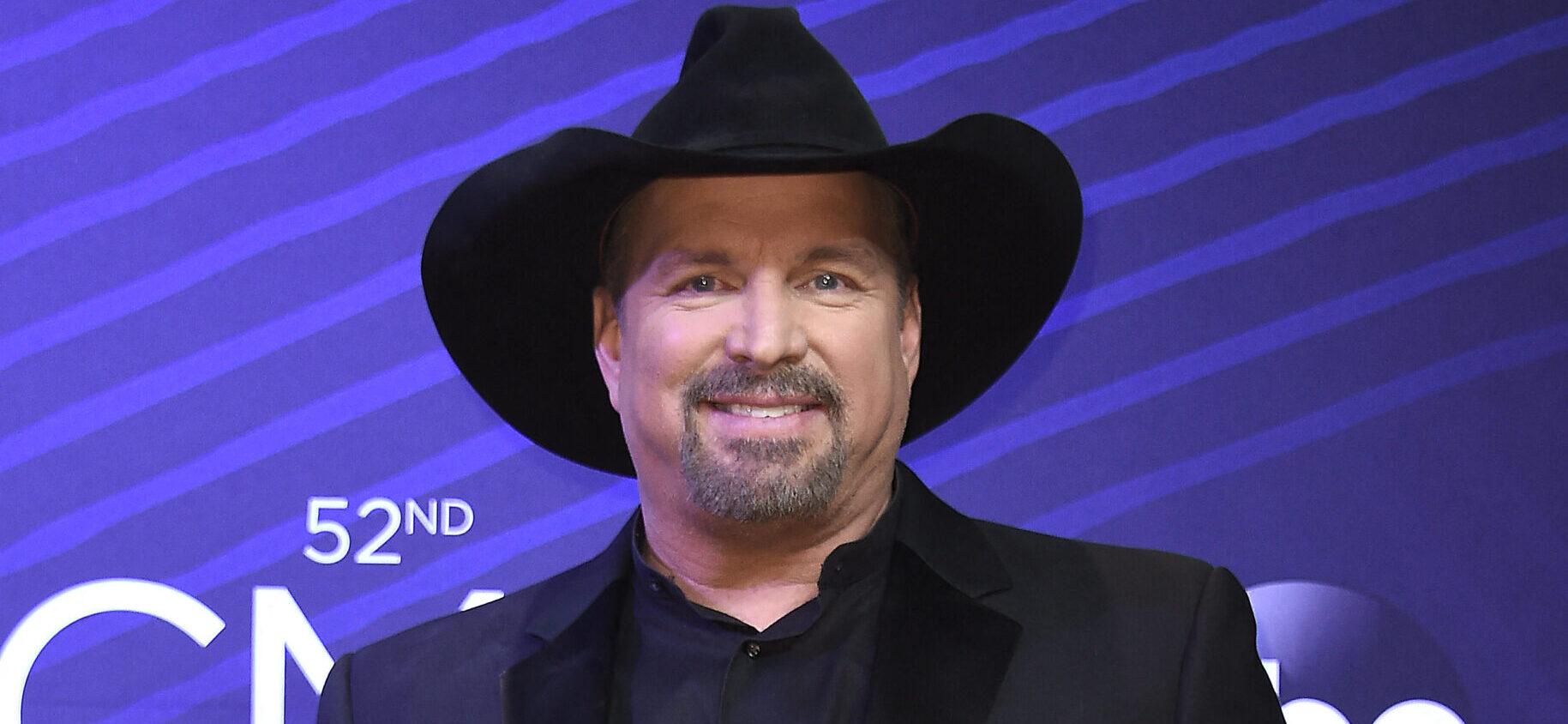





























 Bengali (BD) ·
Bengali (BD) ·  English (US) ·
English (US) ·